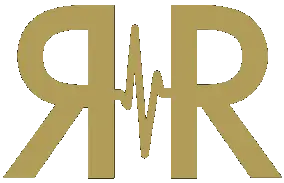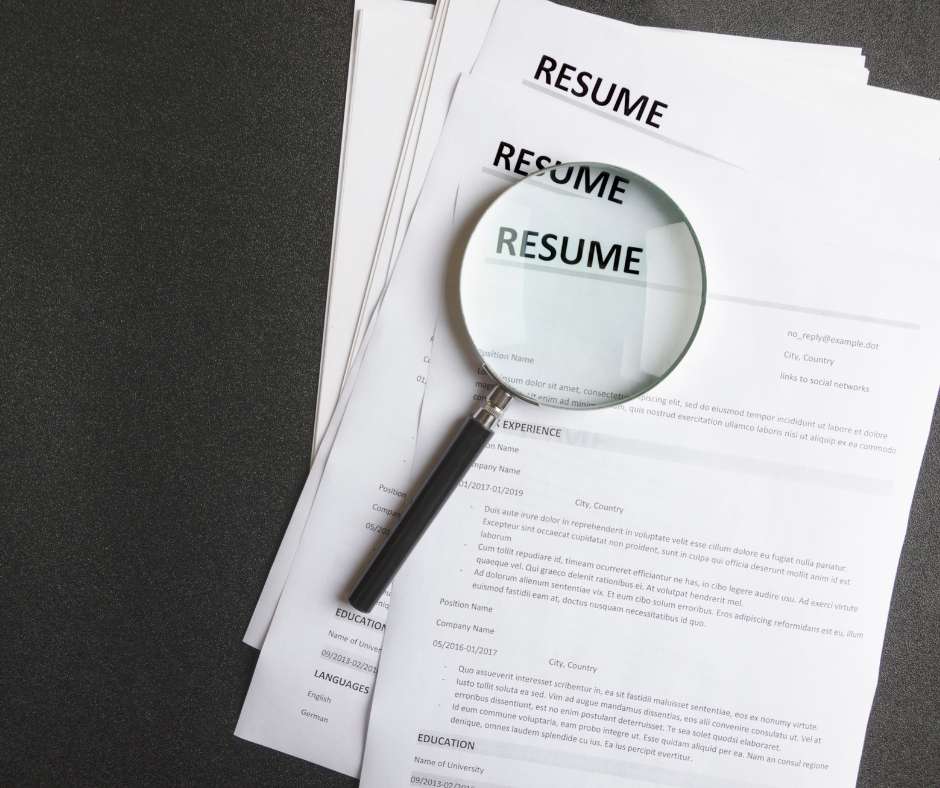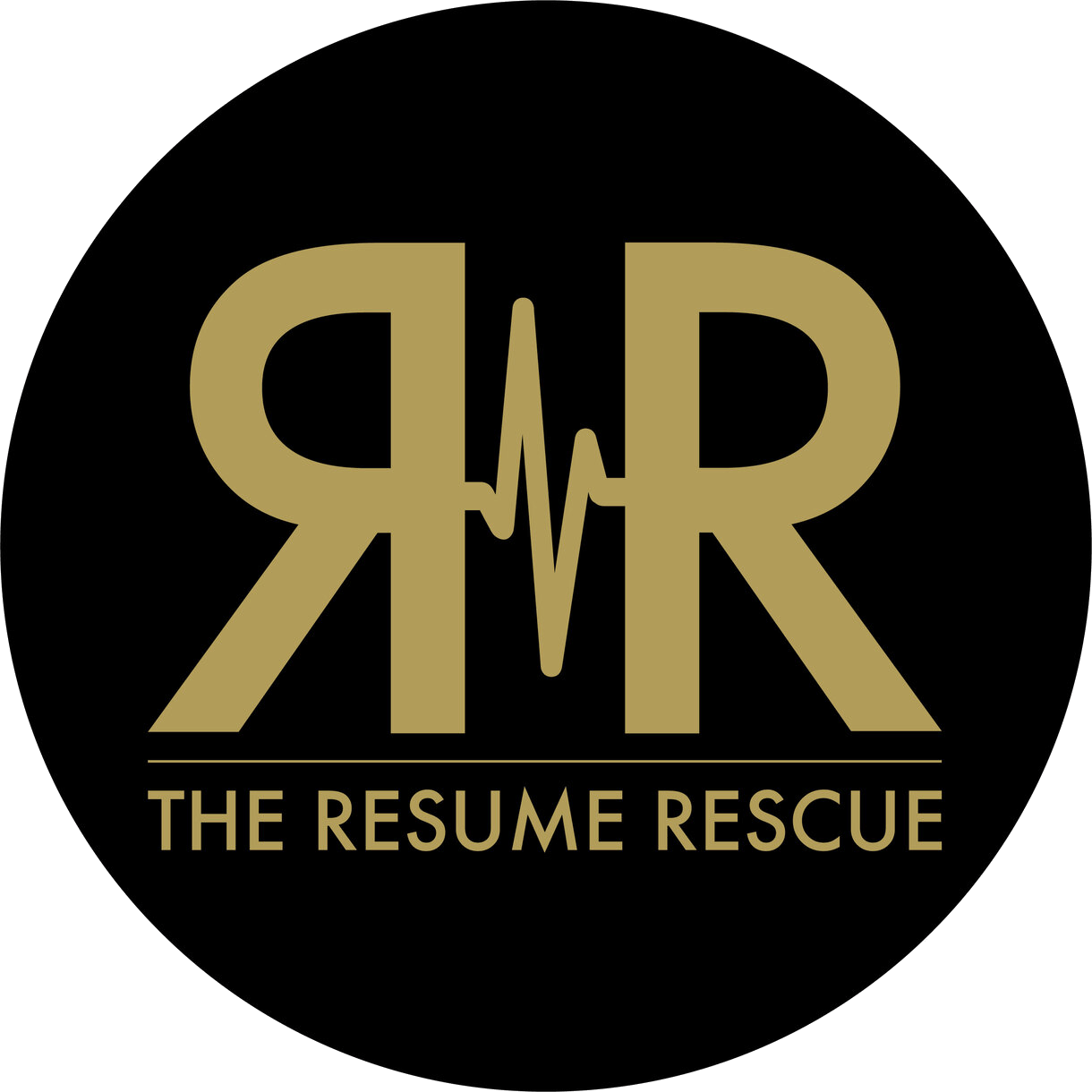Today, the job market can be tough, ruthless, and even downright scary. You’re up against other qualified candidates and the competition is stiff. The best way to land that dream job is to grab attention, hold it, and knock the socks off of your potential employer.
So how do you do that?
By submitting a resume that is not only well-written and free of errors, but one that is formatted correctly, easy on the eyes, and relevant to the position you’re applying for.
While this may seem hard to achieve, don’t fret. We’re here to help you understand how to critique your resume with our comprehensive checklist that will give your resume the TLC it needs to make it to the top of the pile.
Why You Need a Resume Critique
After a bout of well-cultivated networking, you’ve finally landed an interview for your dream job. But to even get your foot in the door, you need a resume that will make a lasting impression. This is where a resume critique comes in handy.
A resume critique is an excellent strategy that can help you fine-tune your resume with the help of a professional to make it more appealing to hiring managers. By having someone take a look at your resume with a fresh set of eyes, you’re able to get an objective opinion on how well your resume is written and formatted.
With our expert resume writing and critiquing service, we can help you not only create a resume that will get noticed, but one that accurately reflects your skills, experience, and accomplishments.
5 Benefits of a Resume Critique
A well-done resume critique can do wonders for your job search. Not only will it help you avoid common resume mistakes, but it can also help you:
- Learn how to present yourself in the best light
- Understand what employers are looking for
- See your resume from an expert’s perspective
- Get feedback on your resume’s overall effectiveness
- Gain insights on how to improve your resume
Who To Have Critique Your Resume
Now that you know how beneficial a resume critique can be, it’s time to find someone who can help you with this task. When looking for a resume critique consultant, make sure they meet the following criteria:
An Expert in the Field of Resume Writing
This is probably the most important criterion. After all, you want your resume to be critiqued by someone who knows what they’re doing. Look for someone with experience in resume writing, recruiting, and/or human resources.
Objective
A good resume critique consultant will give you an honest evaluation of your resume without any bias. Avoid family and friends as they may be biased and afraid to tell you the truth.
Compassionate
The whole point of a resume critique is to help you improve your resume with tangible action items. Choose someone who will be encouraging and supportive, not someone who will tear your resume apart.
The Resume Critique Checklist
If you are not able to work with an expert resume writing and critiquing service, don’t worry. We’ve got you covered with a comprehensive resume critique checklist.
First Impression
When it comes to resumes, first impressions matter. A lot. Studies show that hiring managers only spend about 7.4 seconds scanning a resume before deciding whether to keep reading or move on. So how do you make sure your resume makes a good first impression?
Here are some things to look for:
- Is the resume easy on the eyes? Avoid dense blocks of text and use white space to break up sections.
- Is the font professional and easy to read? Stick with common fonts like Arial, Times New Roman, or Calibri.
- Is the font size between 10 and 12 points? Anything smaller is hard to read and anything larger can appear unprofessional.
- Does the resume use standard margins? One-inch margins are the norm.
Appearance: Format & Style
Now that you’ve taken a look at the overall appearance of the resume, it’s time to focus on specific elements like format and style. Here are some things to look for:
- Is the layout clean and organized? The best resumes are easy to scan and have a clear hierarchy of information.
- Is the font consistent throughout? Make sure the same font is used for headings, subheadings, and body text.
- Is there enough white space between sections? Avoid dense blocks of text by adding extra space between sections.
- Is the text aligned correctly? Consistency is key!
Sections
Next, let’s take a look at the different sections of the resume. Does each section serve a purpose? Is the information well organized and easy to find? Here are some things to look for:
- Contact Information: Is the contact information (name, phone number, email address) included at the top of the page? Is it easy to find and read?
- Summary: Does the resume have a summary? If so, is it clear and concise? Does it explain what you’re looking for in a job?
- Experience: Is your work experience included in a separate section? Is it listed in reverse chronological order (most recent experience first)? Are your job titles, employers and dates of employment included? Are all of your bullet points results-oriented?
- Skills: Is your skills section well organized and easy to read? Does it include both hard skills (such as programming languages) and soft skills (such as customer service)?
- Education: Is your education section included? If so, is it listed in reverse chronological order (most recent degree first)? Do you have the name of the school and degree?
Accomplishments
Finally, let’s take a look at accomplishments. Here are some things to look for:
- Do you have any notable accomplishments? Examples include awards, publications, presentations and professional memberships.
- If so, are they included in a separate section?
- Are the accomplishments relevant to the job you’re applying for?
Here are a few examples:
- “Awarded Employee of the Month for three consecutive months”
- “Presented at the annual conference of the XYZ Association”
- “Published article in the ABC Journal”
Writing Style
Last but not least, let’s take a look at the writing style. Here are some things to look for:
- Is the resume free of grammar and spelling errors?
- Is the tone professional and positive?
- Does the resume use action verbs to describe your skills and experience?
- Is the tone professional and positive? Avoid using negative words or phrases like “unemployed,” “laid off,” or “fired.”
Get Your Resume Critiqued Now!
The job market is highly competitive and not having a well-written, error-free resume is a grave sin that will hinder you from landing your desired job. A satisfactory way to ensure your resume is up to par is by having it critiqued. Use the resume critique checklist above as a guide on how to critique a resume.
If you’re not sure how to critique a resume or don’t have time to do it yourself, the best approach is to work with our team of expert coaches. Our team of resume writers and career coaches will work with you to identify strengths and weaknesses, offer suggestions for improvement and create a winning resume that gets you hired.
Don’t wait any longer, get your resume critiqued today and land the job you’ve always wanted!
Get Your Resume Critiqued Now!






